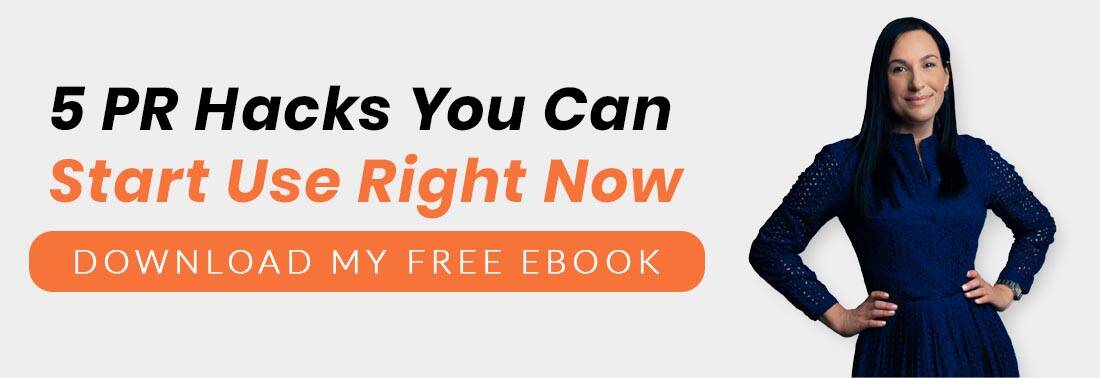By Samantha Jacobson, Founder of TenXPR
Here’s a scenario for you. Let’s say you flip the channel to the TODAY show expecting Savannah Guthrie and her co-anchors, only to find unrecognizable faces and names. On top of that, you realize that these so-called “experts” are being paid for their appearance. You’d feel a little hesitant to trust them, wouldn’t you? After all, how can you be so sure that their analysis of the news isn’t all smoke and mirrors, especially if you’ve never heard or seen them before?
That’s why TV networks do not pay for one-off expert interviews. 
Now let’s flip the narrative. Say it’s you hoping to appear as an expert on the TODAY Show, and great news… they’ve finally asked you to weigh in on a topic that happens to be your bread and butter! Heck yes! The bad news? You will not be compensated for your interview. Are you going to pass up on the TODAY Show because they won’t pay you?
You better not!
Why? First of all, it’s the TODAY Show. But simply put, no matter the network, it doesn’t matter how knowledgeable you are on a certain topic – you will never find a network that will compensate you for your interview. In fact, it’s against typical network policy.
Think about it. If networks offer to pay you for your interview, they run the risk of a negative reaction from their audience, or worse, losing viewer trust, just as you might think twice before trusting someone you’ve never seen or heard of before.
Let me explain further.
There are two big reasons why TV networks will never compensate you for your interview:
- It’s a conflict of interest. How does the viewer know that the news they’re getting isn’t embellished? Or that it doesn’t have a hidden agenda? Payment of any kind puts the network at risk of tainting its journalistic integrity – a core mission of every news network.
- It takes time to build viewer trust. You’ve come to know and love the TV hosts you see on a regular basis for a reason – they’ve earned your trust.
You’ve seen Savannah Guthrie enough times to know that you can trust her with the news, but if you’re not a host or a regular contributor, how do you expect viewers to give you the same trust? It’s not to say that you aren’t any less knowledgeable than someone like Savannah – it really just boils down to consistency, and a one-time interview will not do the trick.
That brings me to my next point.
There are two exceptions.
These are the two things to consider when it comes to understanding who is getting paid for their interview:
- They are a host or contributor. As I just mentioned, hosts and contributors get paid for using their expertise to weigh in on certain topics on a regular basis. They’re in the position they’re in because they’ve spent years building trust with their viewers. We used Savannah Guthrie as a great example, but there are plenty of fantastic contributors here, including political pundit Rachel Maddow on MSNBC. Paid contributors are on call for the network to provide their expertise on a given subject matter. Networks often find these experts across various mediums, whether they are quoted in articles, have made local TV appearances, or have written academic pieces on their expertise.
- They are not interviewing for U.S. networks. You might find networks outside of the U.S that are willing to compensate you for your interview, but if you are looking to become an expert in the U.S., it’s not always worth seeking international interviews.
Instead, change your mindset.
It’s important to think of your interview as an exchange. However, rather than exchanging your expertise for a fee, you’re exchanging your expertise for exposure.
And that, my friends, is priceless.
TV appearances give you the unique opportunity to market your brand, product or offering to thousands if not millions of engaged viewers, viewers who have the unique potential to convert into paying clients or active followers (especially if you knock your interview out of the park!). Getting paid might sound great at first, but nothing compares to the organic media exposure you’ll gain as a result of your interview.
Don’t know where to start your TV interview journey?





